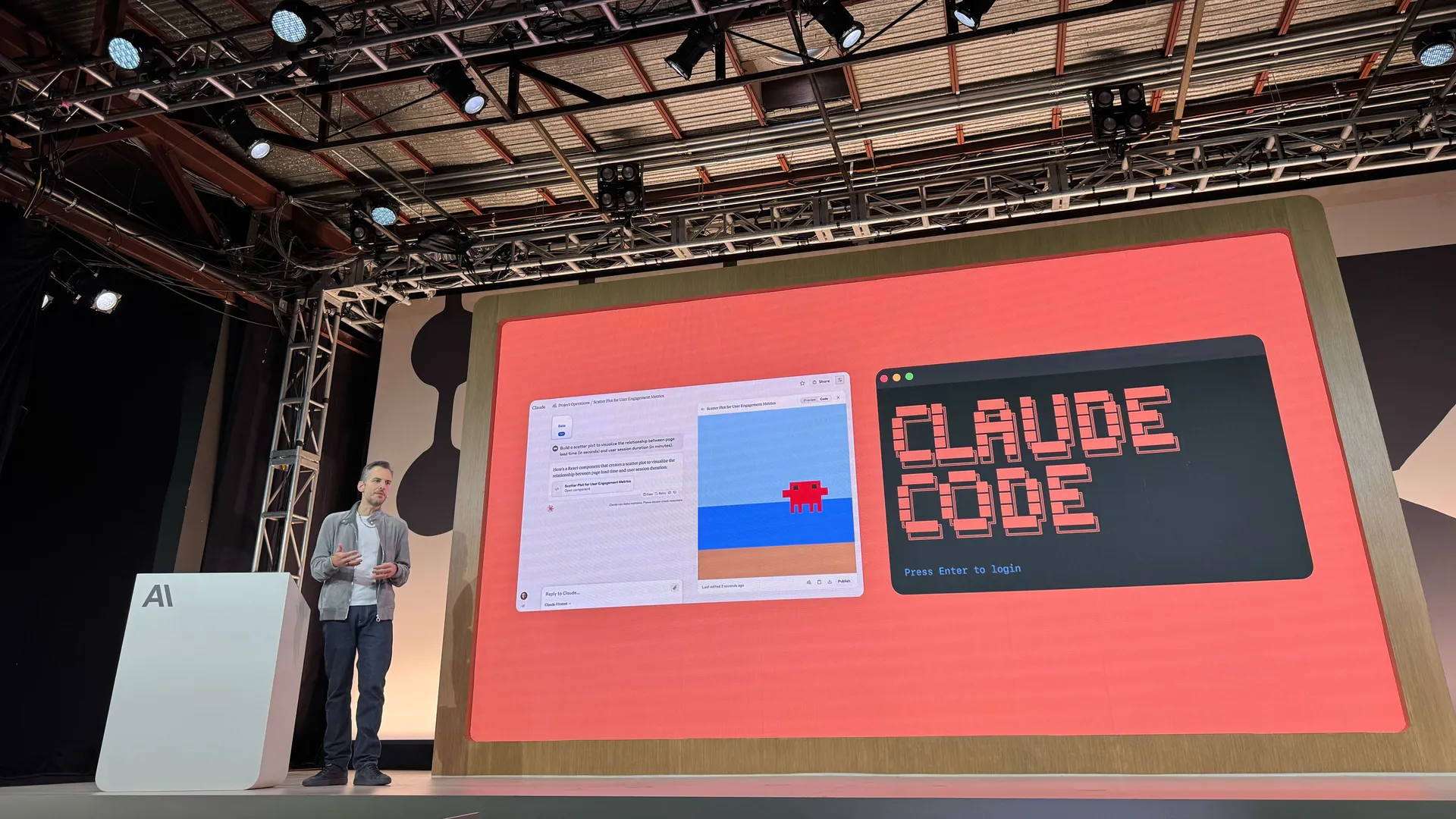Quantum computing
It represents a revolutionary leap in computational technology. Unlike classical computers that use bits as units of information, quantum computers leverage quantum bits (qubits), which harness the principles of quantum mechanics to perform calculations far beyond the capabilities of today's systems. As industries strive for faster, more efficient, and more secure solutions, quantum computing is at the forefront of technological innovation.
What Is Quantum Computing?
At its core, quantum computing uses the phenomena of quantum mechanics to process data. Classical computers operate on binary states (0 and 1), while quantum computers use qubits, which can exist in superposition, allowing them to represent both 0 and 1 simultaneously. Additionally, qubits exhibit entanglement, a phenomenon where qubits become interconnected and the state of one affects the other, even at great distances.
This dual capability allows quantum computers to process an immense number of possibilities simultaneously, making them exponentially more powerful for certain tasks.
How Quantum Computing Works
Quantum computing relies on three main principles:
1. Superposition
Qubits can exist in multiple states at once, enabling parallel computations. This is akin to flipping multiple switches simultaneously rather than one at a time.
2. Entanglement
When qubits become entangled, they share information instantaneously. Changes to one qubit affect others, offering unprecedented computational speed.
3. Quantum Interference
This principle is used to amplify correct solutions while cancelling out incorrect ones, enhancing the accuracy of quantum computations.
Key Applications of Quantum Computing
Quantum computing has the potential to revolutionize numerous industries:
1. Cryptography
Quantum computers can break traditional encryption methods but also enable the creation of quantum-safe encryption, securing data against future threats.
2. Drug Discovery
Simulating molecular interactions at a quantum level accelerates the discovery of new medicines and materials.
Major Players in Quantum Computing
Several tech giants and startups are driving advancements in quantum computing, including:
• IBM Quantum
Offers cloud-based quantum computing services with tools like Qiskit for developers.
Achieved quantum supremacy with its Sycamore processor.
• D-Wave
Focuses on quantum annealing, a specialized form of quantum computing.
• Microsoft
Developing the Azure Quantum platform for cloud-based quantum computing.
• Rigetti Computing
Specializes in integrated quantum and classical computing systems.
The Future of Quantum Computing
As quantum computing continues to mature, its integration with existing technologies will unlock unprecedented opportunities. From solving problems once deemed unsolvable to redefining industries, the quantum era is on the horizon. Key advancements in hardware, software, and error correction will determine how quickly quantum computing becomes mainstream.
Conclusion
Quantum computing is more than a technological innovation; it's a paradigm shift that will redefine computation as we know it. While challenges remain, ongoing research and development are bringing us closer to a world where quantum computers become indispensable tools. Staying informed and exploring quantum technologies today will pave the way for a more innovative and efficient tomorrow.








